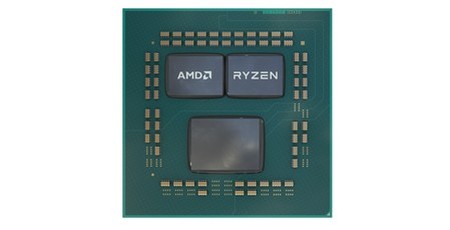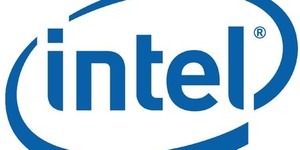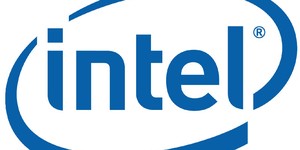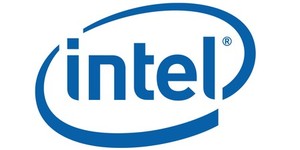
An independent study conducted by the European Hardware Association (EHA) has found that 60 percent of hardware enthusiasts prefer AMD CPUs over Intel CPUs.
That's a substantial increase on previous years, where 50 percent preferred AMD in 2018 and a mere 40 percent preferred the firm in 2017.
The EHA believes that this increase is related to the launch of AMD's Ryzen 3000 series, and a general better perception of AMD within the CPU market. CPUs such as the 12-core Ryzen 9 3900X and the 16-core Ryzen 9 3950X are ably demonstrating that AMD know what it's doing within the field right now, and while not everyone will be able to afford such a high-end processor, it makes AMD look highly capable, whatever one's budget.
Recent reports have found that nine out of 10 of the CPUs sold by Amazon are from AMD so such popularity is being reflected in sales, as well as studies and surveys. Presumably, AMD's method of offering more cores at a generally lower price is proving far more attractive than Intel's strategy of late.
The EHA survey also found that AMD is slowly making gains when it comes to GPU preference, too. Compared to a similar survey in May where slightly fewer than 19 percent of those surveyed chose AMD graphics, the number is nearly 23 percent. That's a small boost but the EHA reckons that's down to the launches of the well-priced Radeon RX 5700 and 5700 XT.
Brand loyalty also appears to be significant with almost all respondents that said they preferred AMD GPUs saying they preferred to pair it with an AMD CPU.
The EHA study involved a survey of more than 10,000 respondents within the enthusiast crowd. While this is a specific subset of AMD and Intel's appeal, that's a fairly solid sample size. Undoubtedly, such enthusiasts will also be recommending and discussing the best CPUs to go with amongst other people, too, potentially encouraging them in a certain direction.
With the popularity of AMD continuing to grow, this could be a promising sign for AMD's growing dominance. It'll be fascinating to see if there's a knock-on effect with the OEM PC and laptop market, especially while Intel continues to suffer from supply issues.

MSI MPG Velox 100R Chassis Review
October 14 2021 | 15:04








Want to comment? Please log in.